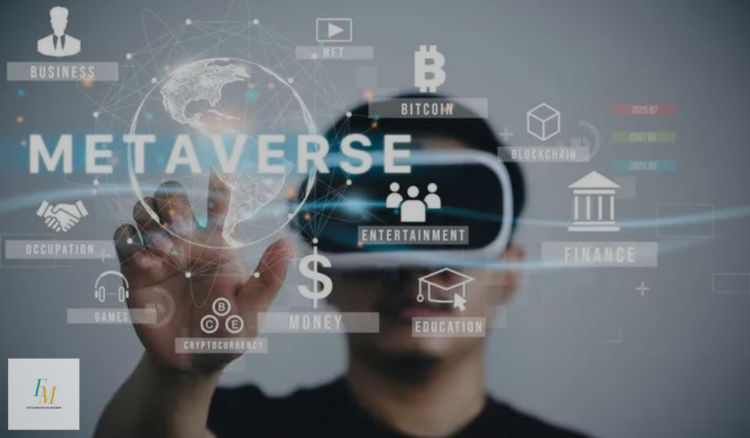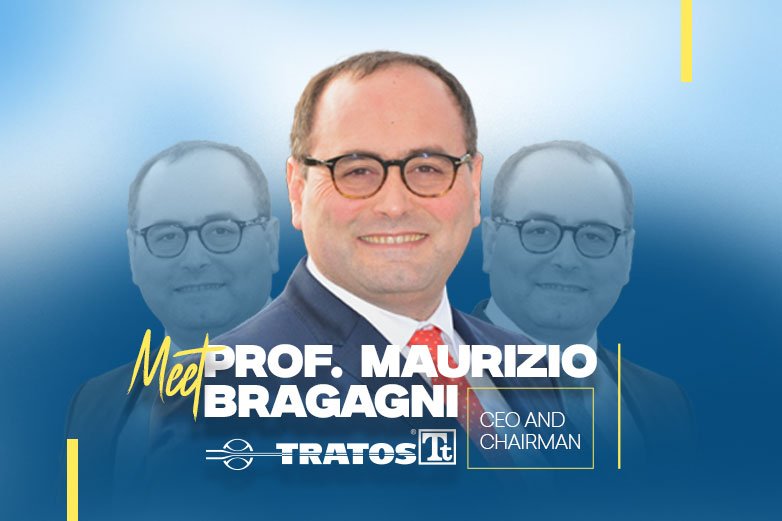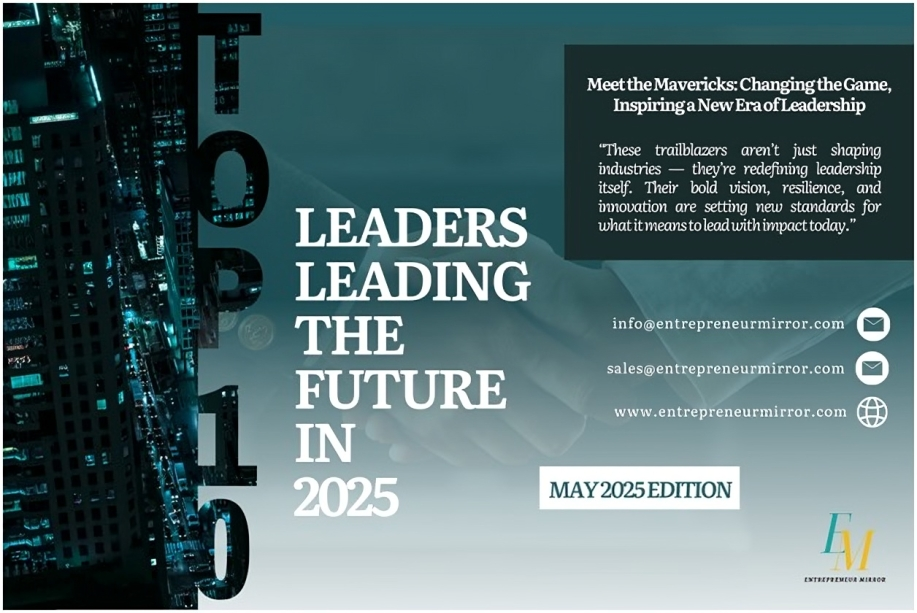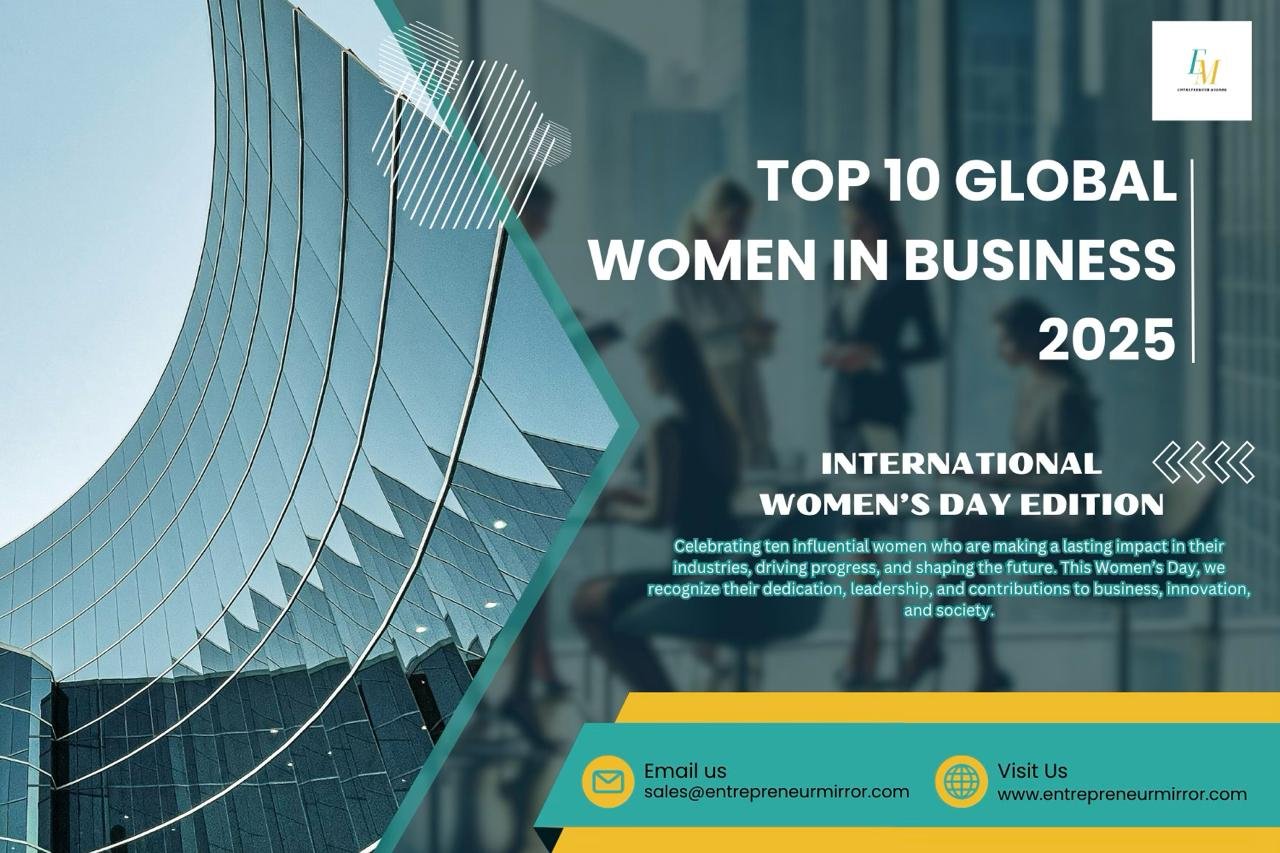The Metaverse has been a concept that has captured the imagination of technologists, futurists, and science fiction writers for decades. With advancements in virtual reality (VR), augmented reality (AR), artificial intelligence (AI), and blockchain technology, the vision of a fully immersive and interconnected virtual world is becoming closer to reality. In 2023, we can expect several vital trends to enhance the metaverse experience further and shape its future trajectory.
Evolution of VR and AR Technology: Advancements in VR and AR technology have been rapid in recent years. Hardware manufacturers have focused on improving the user experience by developing lightweight and comfortable headsets. These advancements have allowed users to engage in longer immersive experiences without discomfort. Integrating haptic feedback and improved motion-tracking technology has enhanced the sense of presence in virtual environments.
Beyond gaming, VR and AR technologies have found applications in various industries. For example, remote collaboration tools powered by VR allow teams working across different locations to interact as if they were in the same physical space. This has significantly improved communication and productivity for businesses with distributed teams.
AR technology has been harnessed in the retail sector to provide customers with virtual try-on experiences. Customers can now use their smartphones to try on clothing, accessories, or even furniture virtually, helping them make more informed purchasing decisions.
Cross-Platform Accessibility
The metaverse aims to create a seamless, interconnected digital world transcending individual platforms. Cross-platform accessibility is a crucial aspect of achieving this goal. Integrating VR and AR experiences allows users to switch between devices while maintaining continuity in virtual interactions seamlessly.
Social VR applications are at the forefront of cross-platform accessibility. They enable users from different devices, whether VR headsets, mobile devices, or desktop computers, to interact and collaborate in the same virtual space. This inclusivity fosters community and expands the potential audience for virtual events and gatherings.
Web3 protocols built on blockchain technology play a significant role in enabling cross-platform interoperability and decentralized virtual experiences. These protocols ensure that virtual assets and identities can exist independently of any specific platform, giving users more control and ownership over their digital presence.
Decentralization and Web3 Integration
The rise of blockchain technology has brought decentralization to the forefront of the metaverse movement. Decentralized virtual worlds, such as Decentraland and CryptoVoxels, leverage blockchain to allow users to own and monetize virtual real estate. This ownership model gives users a sense of autonomy and the opportunity to generate income through virtual property.
Decentralized autonomous organizations (DAOs) are another significant development in the metaverse space. DAOs are self-governing organizations controlled by smart contracts, and they are gaining popularity as a way to govern virtual worlds. Users participate in decision-making processes through voting, allowing for a more democratic and inclusive metaverse.
NFT marketplaces have revolutionized the virtual art and collectibles market. NFTs (Non-Fungible Tokens) represent unique digital assets that can be bought, sold, and traded on blockchain networks. Artists, musicians, and content creators can tokenize their work as NFTs, giving them direct ownership and control over their creations while enabling new revenue streams through royalties and secondary sales.
Metaverse Governance and Regulation
The need for robust governance and regulation becomes more apparent as the metaverse evolves. Virtual worlds host vast communities and economies, which can lead to complex issues related to user data privacy, intellectual property rights, and content moderation.
Many metaverse platforms have established internal policies and guidelines to address these challenges, but there is an ongoing dialogue on creating fair and effective governance structures. Industry associations are crucial in developing best practices and standards for metaverse governance, facilitating collaboration between platforms and stakeholders.
Some governments are also taking an active interest in regulating the metaverse. Collaborations between governments and metaverse companies are essential to create responsible and safe virtual environments that protect users’ rights and interests.
Virtual Events and Entertainment
Virtual events and entertainment have emerged as a significant trend in the metaverse. Artists can perform in highly immersive virtual venues, engaging fans from all corners of the world. These events offer unique experiences, such as virtual meet-greets with favorite artists.
Trade shows and conferences have also embraced the metaverse, providing new ways for businesses to connect and showcase their products and services. Virtual trade shows allow attendees to explore interactive virtual booths, attend presentations, and network with other participants, all from the comfort of their homes or offices.
Virtual film festivals and immersive storytelling experiences have transformed how stories are told and experienced. Creators can craft immersive narratives that transport audiences into the story’s heart, blurring the lines between fiction and reality.
Impact on Social Dynamics and Mental Health
As the metaverse becomes more integrated into our daily lives, its impact on social dynamics and mental health warrants consideration. Extended periods of virtual interaction can affect social skills, leading to challenges in face-to-face interactions. Researchers are exploring the effects of prolonged virtual interactions on mental well-being and social development.
Metaverse companies are taking steps to promote digital well-being and combat digital addiction. Implementing features like reminders for breaks and encouraging real-world connections are ways to ensure a healthy balance between virtual and physical experiences.
Virtual communities within the metaverse can be a source of support and connection for users. These communities foster a sense of belonging and understanding among individuals with common interests, backgrounds, or goals. Creating safe and inclusive virtual spaces is essential to ensuring positive social dynamics within the metaverse.
Integration with AI and Virtual Assistants
Integrating AI and virtual assistants is poised to enhance the metaverse experience significantly. Advanced AI-powered virtual assistants are becoming more sophisticated, capable of understanding natural language and responding contextually to user queries and interactions.
AI-driven avatars are another exciting development in the metaverse. These avatars can learn and adapt to user preferences, enabling more personalized and engaging interactions within virtual environments. They can assist users in navigating virtual worlds, finding relevant content, and connecting with others.
AI analytics within the metaverse have valuable implications for businesses and content creators. By analyzing user behavior and interactions, AI can provide insights into user preferences and trends, enabling targeted content creation and better user experiences.
Education and Professional Training in the Metaverse
The metaverse offers tremendous potential for education and professional training. Virtual classrooms leverage interactive simulations to teach complex subjects and practical skills. These immersive learning experiences can increase engagement and retention among learners.
Companies are increasingly using the metaverse for employee training and onboarding programs. VR and AR technologies provide employees with a safe and controlled environment to practice real-life scenarios and acquire new skills. This approach to training can improve employee performance and reduce training costs.
The metaverse can democratize education, making learning accessible to people worldwide. Virtual classrooms can reach learners in remote areas with limited educational resources, leveling the playing field and fostering a culture of lifelong learning.
The metaverse is an exciting and rapidly evolving digital landscape reshaping how we interact, collaborate, and experience the world. From advancements in VR and AR technology to the integration of AI and the rise of decentralized virtual worlds, the metaverse trends 2023 are set to revolutionize various industries and aspects of our lives. As we embrace these trends, it is essential to address governance, mental health, and inclusivity challenges to ensure that the metaverse remains a positive and empowering space for all users. By harnessing the potential of the metaverse responsibly, we can create a better digital reality that fosters creativity, innovation, and meaningful connections.
As technology advances, we are on the cusp of a metaverse-driven future where the boundaries between the physical and virtual worlds will continue to blur. Let us explore, embrace, and shape the metaverse to create a more connected, inclusive, and exciting digital landscape for future generations.
Also Read:






























































